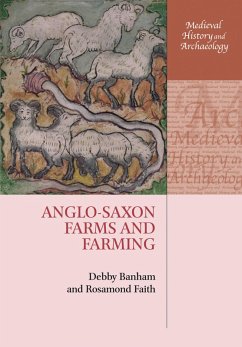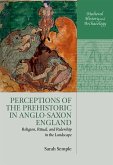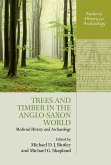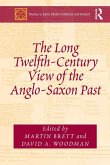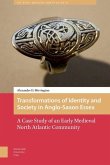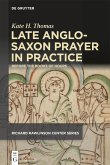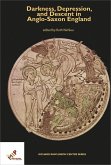Farming was the basis of the wealth that made England worth invading, twice, in the eleventh century, while trade and manufacturing were insignificant by modern standards. In Anglo-Saxon Farms and Farming, the authors employ a wide range of evidence to investigate how Anglo-Saxon farmers produced the food and other agricultural products that sustained English economy, society, and culture before the Norman Conquest. The first part of the volume draws on written and pictorial sources, archaeology, place-names, and the history of the English language to discover what crops and livestock people raised, and what tools and techniques were used to produce them. In part two, using a series of landscape studies - place-names, maps, and the landscape itself, the authors explore how these techniques might have been combined into working agricultural regimes in different parts of the country. A picture emerges of an agriculture that changed from an essentially prehistoric state in the sub-Roman period to what was recognisably the beginning of a tradition that only ended with the Second World War. Anglo-Saxon farming was not only sustainable, but infinitely adaptable to different soils and geology, and to a climate changing as unpredictably as it is today.
Dieser Download kann aus rechtlichen Gründen nur mit Rechnungsadresse in A, B, BG, CY, CZ, D, DK, EW, E, FIN, F, GR, HR, H, IRL, I, LT, L, LR, M, NL, PL, P, R, S, SLO, SK ausgeliefert werden.

